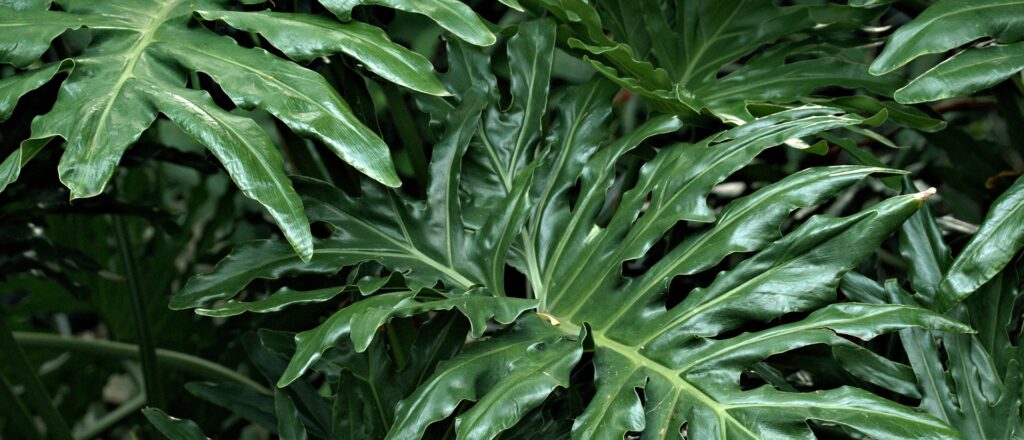We all strive to create safe environments for our beloved cats. While certain foods and plants may seem harmless to us, they can pose serious health risks to our feline companions. Here’s a comprehensive guide to some common foods and plants that can be harmful to cats.
Foods Toxic to Cats:
- Chocolate: Chocolate contains theobromine and caffeine, which are toxic to cats and can cause symptoms such as vomiting, diarrhea, rapid breathing, and even seizures or death.
- Onions and Garlic: Allium species, including onions, garlic, and chives, contain compounds that can cause damage to a cat’s red blood cells, leading to anemia. Even small amounts can be harmful if ingested regularly.
- Grapes and Raisins: Grapes and raisins can cause kidney failure in cats. Even small quantities can be toxic and may lead to symptoms such as vomiting, diarrhea, lethargy, and decreased appetite.
- Xylitol: This sugar substitute is often found in sugar-free gum, candies, and baked goods. Xylitol can cause a rapid release of insulin in cats, leading to hypoglycemia (low blood sugar), seizures, and liver failure.
- Alcohol: Even small amounts of alcohol can be toxic to cats, causing symptoms such as vomiting, diarrhea, coordination problems, breathing difficulties, and even coma.
- Caffeine: Found in coffee, tea, energy drinks, and certain medications, caffeine can cause similar symptoms to chocolate toxicity, including vomiting, diarrhea, rapid heart rate, tremors, and seizures.
- Bones: Cooked bones, especially those from poultry or fish, can splinter and cause internal injuries or obstruction in a cat’s digestive system.
- Long grass: We can’t follow our feline friends whilst they are on their outdoor travels but long grasses can be a problem for cats if a thin blade of grass becomes stuck in their throat or nasal passage. Grass darts (seeds) can attach to a cats fur and then work their way into the skin, ears or eyes potentially causing infection.

Plants Toxic to Cats:
- Lilies: Lilies are highly toxic to cats, particularly those belonging to the Lilium and Hemerocallis genera. Ingesting any part of the plant, including leaves, flowers, or pollen, can cause severe kidney damage and even kidney failure.
- Azaleas and Rhododendrons: These common garden plants contain toxins called grayanotoxins, which can cause symptoms such as vomiting, diarrhea, drooling, weakness, and even cardiac arrhythmias in cats.
- Sago Palm: All parts of the sago palm plant are toxic to cats, containing cycasin, which can cause symptoms such as vomiting, diarrhea, seizures, liver failure, and even death.
- Dieffenbachia: Also known as dumb cane, this popular houseplant contains insoluble calcium oxalate crystals that can cause intense oral irritation, drooling, difficulty swallowing, and swelling of the tongue or throat if ingested by cats.
- Philodendron: Similar to dieffenbachia, philodendron plants contain calcium oxalate crystals that can cause oral irritation, drooling, and difficulty swallowing if chewed or ingested by cats.
- Pothos: Pothos plants, often found in homes and offices for their attractive foliage, contain compounds that can cause gastrointestinal upset, including vomiting and diarrhea, if ingested by cats.
Conclusion: Being aware of common foods and plants that are toxic to cats is crucial for protecting our feline friends from potential harm. If you suspect that your cat has ingested something toxic, contact your veterinarian immediately or seek emergency veterinary care. By keeping harmful items out of reach and providing a safe environment, you can help ensure the health and well-being of your beloved pet.


